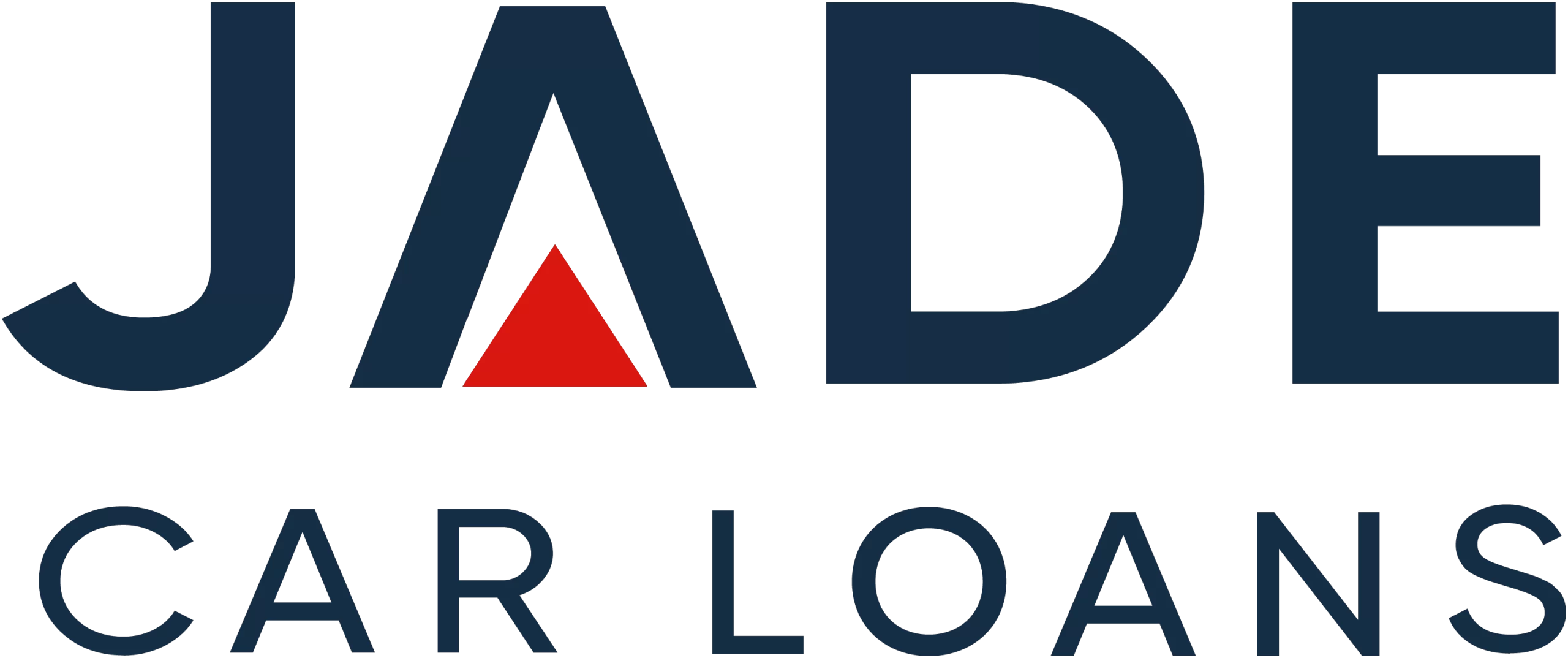There’s been plenty of issues and events for business operators to be busy with over the past few months. The ongoing issues around the pandemic, especially in regard to staffing, recovering trade after 2 years of multiple lockdowns, supply chain issues, surging inflation and of course the Federal Election. But with 30 June looming, it’s time to focus on what actions could be taken to optimise tax benefits in this financial year, specifically in regard to motor vehicle finance and new vehicle purchases.
Supply has been an issue in the motor vehicle sector due to global issues and the persistent shortage of computer chips which is affecting production. But delaying purchases much longer could mean missing out on tax benefits this financial year. A time when possibly any extra deduction or return could be most welcome.
While achieving the cheapest business car loan rates and cheapest overall motor vehicle finance is critical to the affordability of the loan, factoring in any possible tax benefits can also contribute to the overall cost-effectiveness of the vehicle purchase. To that end, choice of motor vehicle finance product should be considered in detail with input from the business accountant.
The tax benefits vary with the different types of motor vehicle finance and with the timing and eligibility of temporary measures available such as IAWO and temporary full expensing. How tax is treated varies across the different finance products and the suitability of different loan types for different types of businesses is also a factor to consider.
In the lead-up to tax time, we outline the basics of how tax is treated with the most popular types of business vehicle finance – Car Chattel Mortgage and Leasing, and what deductions and benefits may be available for different business set-ups.
Business Vehicle Finance Range
The two most commonly used finance products for the purchase of business vehicles are Chattel Mortgage and Vehicle Lease. One of the key differences between the two is in regard to ownership in title of the vehicle over the finance term.
With Chattel Mortgage, the business immediately takes ownership of the vehicle on settlement of the finance and the purchase agreement. In doing so, the vehicle/finance is posted as an asset/liability to the business balance sheet.
With Leasing, the business technically leases the vehicle from the lender over the finance term. The vehicle ownership is retained by the lender until the loan is finalised. As such, the vehicle is not listed on the business balance sheet.
The accounting method used by the business entity can determine which of these finance products is best suited to the business. In general terms, the cash accounting method is seen as best-suited to Chattel Mortgage and the accruals methods of accounting to Leasing.
The financial objectives of the business including the approach to the balance sheet are also important in the finance product decision process. Leasing is often referred to as ‘improving the appearance of the balance sheet’. This is due to the vehicle not being posted as an asset/liability to the balance sheet. This may be an attractive option for smaller businesses, new businesses and those considering applying for other forms of finance.
Treatment of GST
The differing treatment of GST between Chattel Mortgage and Lease can be seen as tax benefit for some businesses that are registered for GST. With all finance, GST is not charged on the interest component of the loan.
With Chattel Mortgage, the entire amount of the GST applicable to the vehicle purchase can be claimed in the next corresponding BAS return.
For businesses facing a large BAS amount, being in a position to deduct that amount at the payable due date may represent a timely boost to cash flow.
With Leasing, GST is applied to the monthly lease payment (excluding interest portion) and can be claimed on the corresponding BAS returns on that basis.
Tax Deductibility of Interest
The interest charged on finance is tax deductible for all types of business finance but the deduction is realised at differing times during the finance term.
Treatment of Finance Repayments
With Chattel Mortgage the monthly finance repayments are not fully tax deductible. Only the interest component of each repayment is considered deductible. The main tax deductible benefit realised with this type of finance is with depreciation, which we have covered as the next point.
With Vehicle Leasing, the monthly Lease payments are considered fully tax deductible. The deduction of the payments made in a financial year would be realised when the accountant prepares the annual business accounts and tax returns.
In simple terms, taxable items, in this case lease payments, would be deducted from business income to derive the taxable income. The greater the amount of deductions, the lower the taxable income and less tax is payable.
Asset Depreciation Benefits
As noted above, with Chattel Mortgage Vehicle Finance, the repayments are not tax deductible in full (just the interest). Businesses selecting this form of finance post the vehicle to their balance sheet. As an asset, the vehicle is then depreciated each year in line with ATO rulings.
Under usual ATO rulings, depreciation is a percentage of the value and that becomes the tax deduction. From time to time, including in this current financial year, the ATO will implement accelerated asset depreciation measures.
By definition, this measure allows for the entire amount of the purchase of eligible assets to be realised in one year, the same financial year that the asset was acquired. Currently, this measure is known as Instant Asset Write-Off and temporary full expensing.
This is seen as a major benefit to many businesses and a great incentive to purchase new vehicles. Vehicles purchased with Chattel Mortgage Finance by eligible businesses and under the ATO guidelines, may opt for IAWO in this financial year. That can represent a significant tax deduction for the 2021/22 year to lower taxable income and tax payable considerably.
As announced in the Federal Budget, IAWO is available through the 2022/23 financial years. So vehicles purchased after 1 July 2022 and before 30 June 2023 would be subject to the relevant tax benefits in 2022/23 financial year.
Action Required
For businesses keen on utilising IAWO this financial year, it’s time to select and source vehicles and speak with us for Chattel Mortgage Vehicle Finance quotes. It could also be a timely move in regard to interest rates. Many analysts are expecting the RBA to move again on increasing the cash rate, possibly as early as the Board’s June meeting.
Our consultants are available to act quickly to source quick finance quotes and proceed to arrange fast approvals and prompt settlement to meet our customers’ timeframes.
Contact Jade Car Loans 1300 000 003 for tax-effective business vehicle finance before EOFY.
DISCLAIMER: IN REGARD TO MISREPRESENTATIONS AND ERRORS CONTAINED IN THE MATERIAL AS PRESENTED, LIABILITY IS NOT ACCEPTED. THE DETAILS AND CONTENT IS PROVIDED FOR CAR BUYERS AND INDIVIDUALS AND BUSINESS SEEKING FINANCE PURELY AS GENERAL INFORMATION. THIS IS NOT PROVIDED AS THE ONLY SOURCE OF FINANCIAL INFORMATION. ANYONE THAT CONSIDERS THAT NEED FINANCIAL ADVICE ABOUT THEIR SPECIFIC REQUIREMENTS SHOULD SEEK THEIR OWN FINANCIAL ADVISOR.


 " alt="">
" alt="">